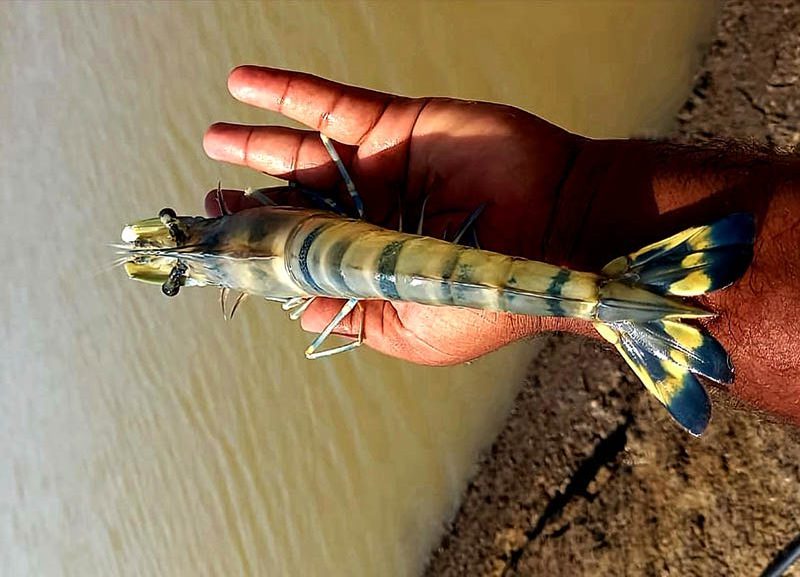In Cox’s Bazar, a significant initiative was launched by 30 hatcheries located in Teknaf and Ukhia to produce shrimp fries totaling around 5 billion for the season stretching from December to March. However, till the March 31, the production had only reached half of the intended target. This shortfall is attributed to the extraction of mother shrimp or broodstock from the Bay of Bengal, which has impacted shrimp fry production.
Shrimp has historically been the second-largest export product contributing to foreign exchange earnings in Bangladesh. Spanning across 1,52,496 hectares of land, shrimp cultivation heavily relies on fry supplied by hatcheries, particularly those in Cox’s Bazar, which cater to regions such as Satkhira, Khulna, and Bagerhat.
Broodstock shrimp, sourced from the deep sea by ships, serve as the foundation for fry production. However, in March, the harvest yielded fewer than 5,000 broodstock, a stark contrast to the 20-34 thousand harvested by 40 ships during the same period previously. Each mother shrimp has the potential to yield up to 60,000 fry.
Mohammad Najibul Islam, Secretary General of the Shrimp Hatchery Association of Bangladesh (SHAB), reported that despite setting a target of 500 million fry, only 250 million were produced by Cox’s Bazar’s 30 hatcheries. This deficit has led to market crises, with many resorting to the illegal sale of low-quality fry.
Recent observations at Balaka Hatchery in Sonarpara unveiled a specialized production process for fry from mother shrimp. Despite these efforts, the hatchery fell short of its target, managing only 52 million fry due to the shortage of broodstock.
The production cost per hatchery has surged, now standing at $0.005. Transporting each fry to Satkhira via cargo plane costs $0.0012, totaling $0.0057 per fry. However, the market is inundated with low-quality, disease-prone fry priced at $0.0027 to $0.0032, resulting in losses for hatcheries.
Mother shrimp take 30 days to hatch from eggs, and within 25 days, the fry must be released into the enclosure. Hatchery managers, like Md. Alamgir of Kalatali Beach Quality Shrimp Hatchery, have been purchasing mother shrimp at additional costs to sustain fry production despite rising expenses.
Concerns over the vulnerability of hatcheries to high temperatures have prompted the use of cargo aircraft for swift fry delivery from Cox’s Bazar to Khulna-Satkhira. However, the reduction in available cargo planes from four to two has disrupted transportation, resulting in increased shrimp-fry mortality during lengthy road journeys.
SHAB President Ashek Ullah emphasized the importance of timely supply of quality fry to sustain Bangladesh’s shrimp industry, which annually contributes over 3000 crores to foreign exchange earnings. Efforts are underway to address the shortage of mother / broodstock and control shrimp diseases, ensuring the industry’s stability and growth.
In addition to these efforts we at FISHBYTE are assisting the smallholder shrimp farmers to collect the best quality shrimp fries from the top-notch hatcheries of Cox’s Bazar in order to maximize their production. Being the pioneering aqua tech company, we aim to transform the low-yielding aquaculture industry of Bangladesh by every means possible.
